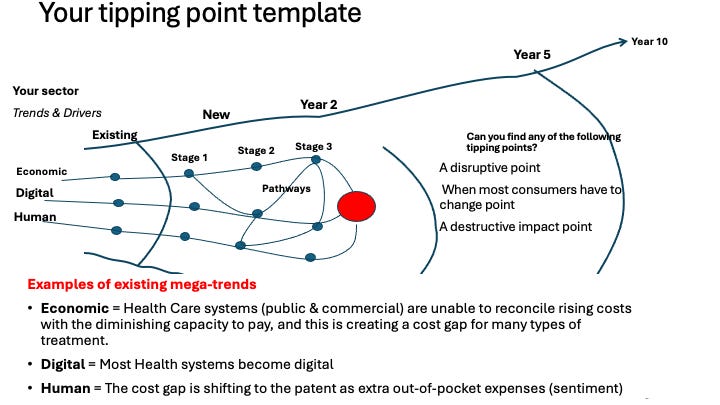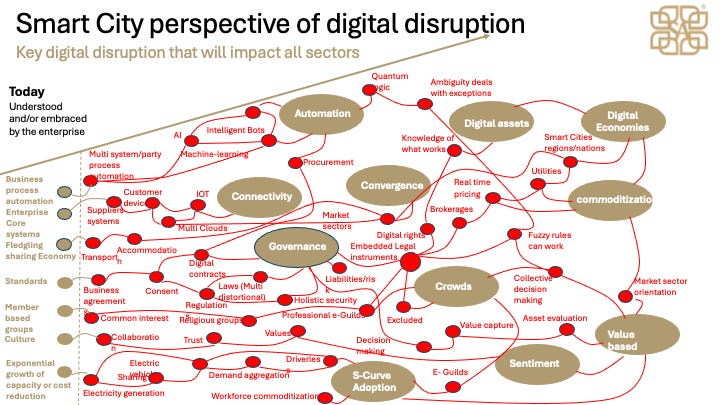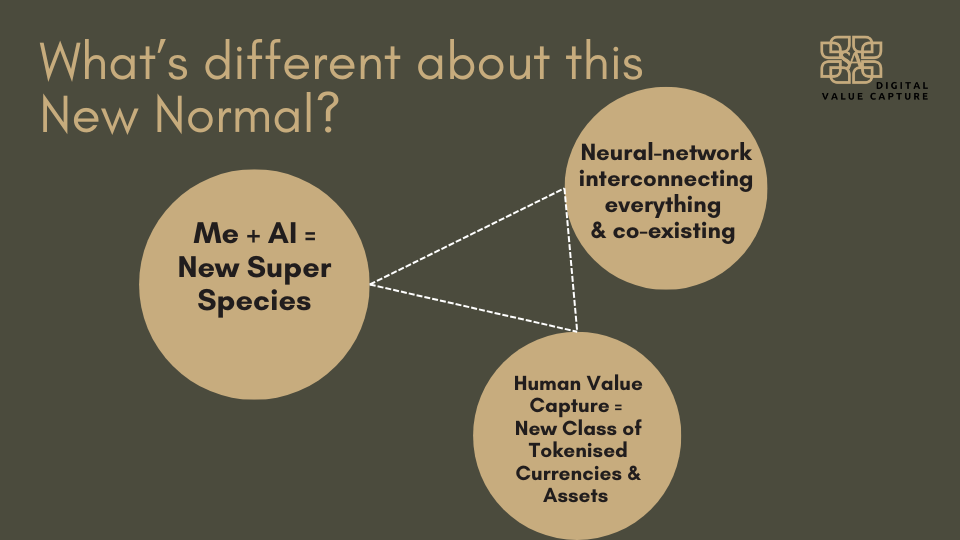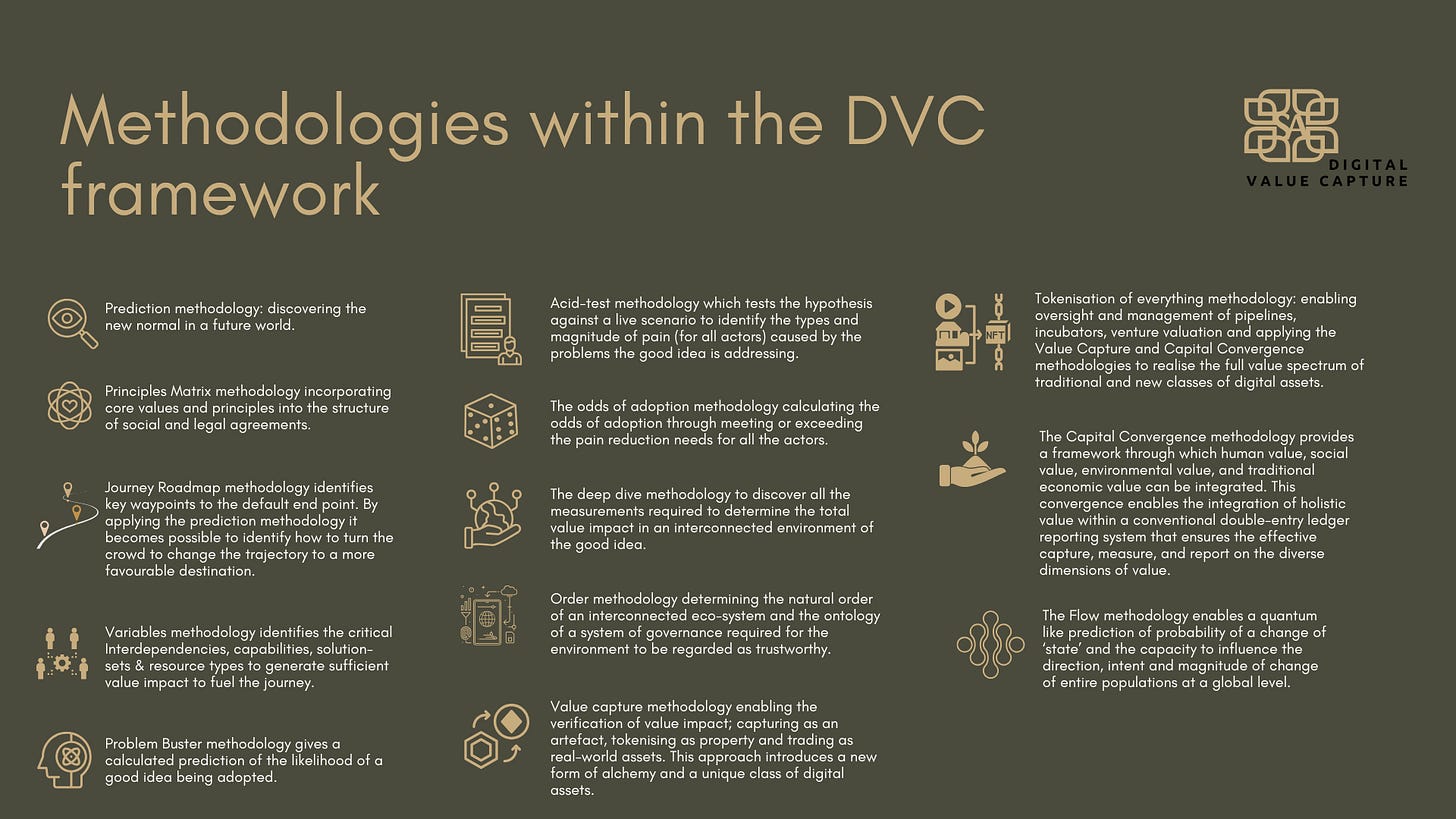Losing Regional Economic Agency
Would It Matter If You Lost Yours?
Imagine your region losing control over its economic future. Sounds far-fetched? In today’s digital, AI-driven world, the power of regions to shape their own destinies—known as regional economic agency—is more crucial than ever. But what happens if that power slips away?
A Vision for Regional Power
In 1999, Rory McEwen, Chair of the Greater Green Triangle Regional Development Association, which spans the border of South Australia and Victoria, was fed up with State governments stifling his region’s potential. His solution? A bold idea: aggregate the region’s trading power and negotiate directly with other regions worldwide. To achieve this, he argued, State governments needed to loosen their grip, granting regions greater sovereignty.
A few years later, Ron Yuryevich, mayor of Kalgoorlie-Boulder Council, took a similar stand. He envisioned a coalition of six regional councils in Australia, pooling their resources to build infrastructure and skills for economic independence. His plan relied on a capable leader: Ian Fletcher, a former senior official with experience negotiating major deals, including Royalties for Regions with mining companies.
Together, they pitched for funding from the sale of Telstra, arguing that their coalition could deliver outcomes more efficiently than state governments. Interestingly, they identified the Sunshine Coast as the lead region, citing its appeal as a place to live and work, as well as its potential to capture economic value.
A Modern Call to Action
Fast forward to FDW-FEST 25, a future-focused economic summit held on the Sunshine Coast last week. Council CEO John Baker delivered a keynote urging leaders to think differently about the region’s economy. With the 2032 Olympic Games approaching, he saw an opportunity to leverage investments in infrastructure and innovation to drive economic growth in a digital world. Think critically and holistically, he urged, “and include the community in shaping our future.”
With our local MP Andrew Powell, Minister for the Environment and Tourism and Minister for Science and Innovation who also attended and detailed his support in a keynote, the region could realise this aspiration.
Inspired by Baker’s words, I asked AI Grok to compare his vision with the historical achievements of regional leaders like Fletcher. The alignment was striking. At FDW-FEST, participants from government, industry, and local businesses collaborated with a shared purpose. Investor Mark Woodland, who traveled from Melbourne, highlighted the Sunshine Coast’s collaborative culture. He offered funding for a “school of the future,” a visionary project by Rob Steffler of the DeLorean Project. Woodland contrasted the Sunshine Coast’s unity with Melbourne’s fragmented ecosystem, noting the region’s determination to make bold ideas work.
The Stakes of Losing Agency
So, why does regional economic agency matter, and what would it look like to strengthen it in an AI-driven, interconnected world? If a region loses its agency, it forfeits the ability to benefit from the value created through local and global transactions. This is simple math: without control over economic decisions, regions miss opportunities to reinvest wealth locally. In a digital economy, where transactions increasingly occur online, patterns of interaction define a region’s boundaries more than arbitrary lines drawn in distant capitals. In Australia, where vast distances separate communities, trust and convenience shape regional relationships more than geography alone.
The risks of inaction are steep. As CEO John Baker emphasized, regions must capture value from infrastructure projects, support innovative startups, and attract talent to thrive. Yet, planning for the future is complex. Megatrends like AI and digital transformation can disrupt even the best-laid plans. Empirical evidence suggests that investments in digital infrastructure yield returns in only 20% of cases, and novel technologies like AI reduce success rates to less than 1% when using traditional business models.
A Path Forward
Over the years, I’ve studied regions worldwide, from rural Exmouth in Western Australia to Xiong’an New Area, a planned city near Beijing.
Through my DVC® methodologies—tools for mapping economic value and collaboration—I’ve taught students at Hult International Business School how regions can chart their own paths. In the coming weeks, I’ll share more insights via the free subscription and about how regions can harness their agency.
The opportunity is clear: regions that act decisively can scale successes, attract talent, and empower their youth. The question remains: will your region seize its economic agency, or let it slip away in a rapidly changing world?
My approach & Regional Australia Strategic Development Portfolio
Click for full details POST
My approach to strategic regional development involves identifying systemic leverage points where technological innovation, governance restructuring, and financial mechanisms can create sustainable outcomes. While operating at executive and ministerial advisory levels, I maintain focus on frameworks that empower communities to develop resilience through appropriate technological adoption and collaborative governance models.
Call to action
I invite you to subscribe to the future proofing and digital value capture® community posts at stephenalexander.com.au and select the free subscribe or just look option.
Then use the chat to discuss any aspect of this subject or give feedback suggesting any of the projects you would like me to write a post on.
Or, if you are ready to go then subscribe to the i-Future Proof community to access up to 8 hours per month of group discussion & coaching sessions on how to apply the DVC® tools for US$20 per month or set up a on-line private team brainstorming session to fast track your regions journey at US$2k. With selected projects I can also join the team to kick-start and help discover the full value capture potential of a your region.






